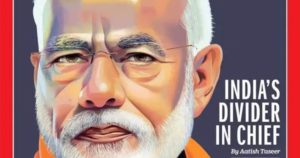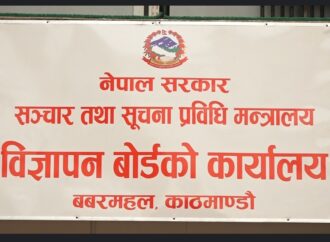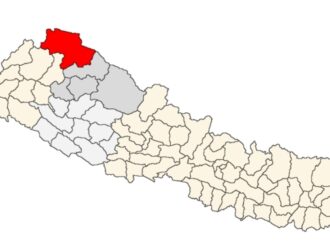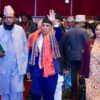 http://time.com/5586415/india-election-narendra-modi-2019/
http://time.com/5586415/india-election-narendra-modi-2019/In 2014, Narendra Modi, then the longtime chief minister of the western state of Gujarat and leader of the Hindu nationalist Bharatiya Janata Party (BJP), was elected to power by the greatest mandate the country had seen in 30 years. India until then had been ruled primarily by one party–the Congress, the party of Indira Gandhi and Jawaharlal Nehru–for 54 of the 67 years that the country had been free.
The story starts at independence. In 1947, British India was split in two. Pakistan was founded as a homeland for Indian Muslims. But India, under the leadership of its Cambridge-educated Prime Minister, Jawaharlal Nehru, chose not to be symmetrically Hindu. The country had a substantial Muslim population (then around 35 million, now more than 172 million), and the ideology Nehru bequeathed to the newly independent nation was secularism. This secularism was more than merely a separation between religion and state; in India, it means the equal treatment of all religions by the state, although to many of its critics, that could translate into Orwell’s maxim of some being more equal than others. Indian Muslims were allowed to keep Shari’a-based family law, while Hindus were subject to the law of the land. Arcane practices–such as the man’s right to divorce a woman by repudiating her three times and paying a minuscule compensation–were allowed for Indian Muslims, while Hindus were bound by reformed family law and often found their places of worship taken over by the Indian state. (Modi made the so-called Triple Talaq instant divorce a punishable offense through an executive order in 2018.)














